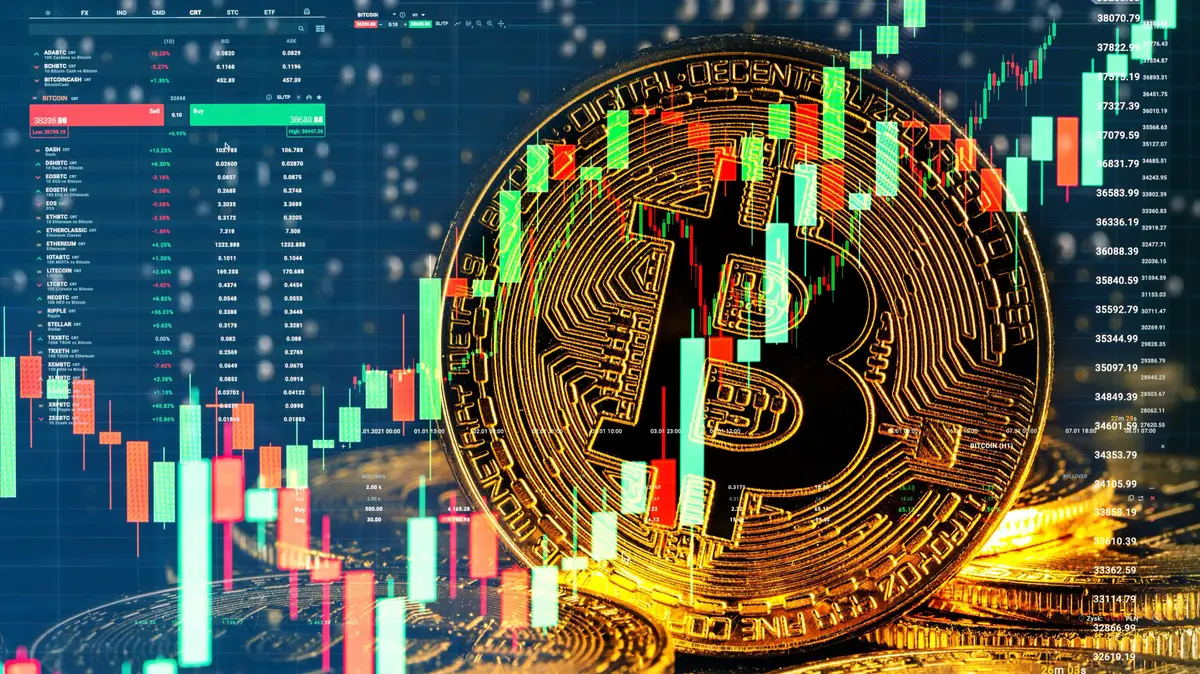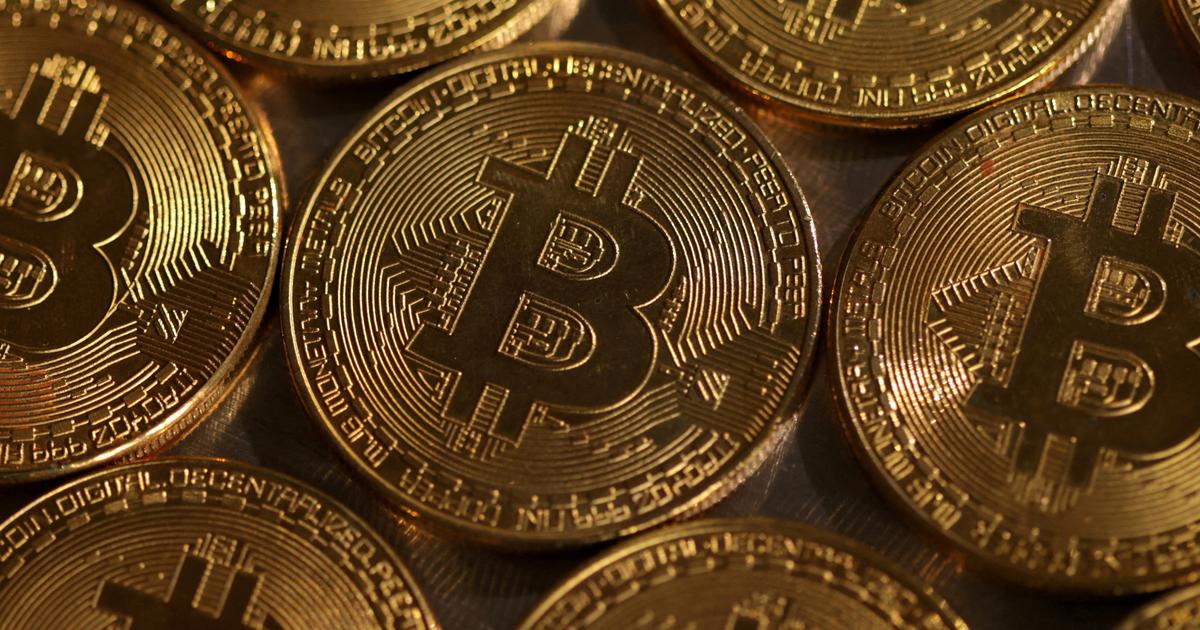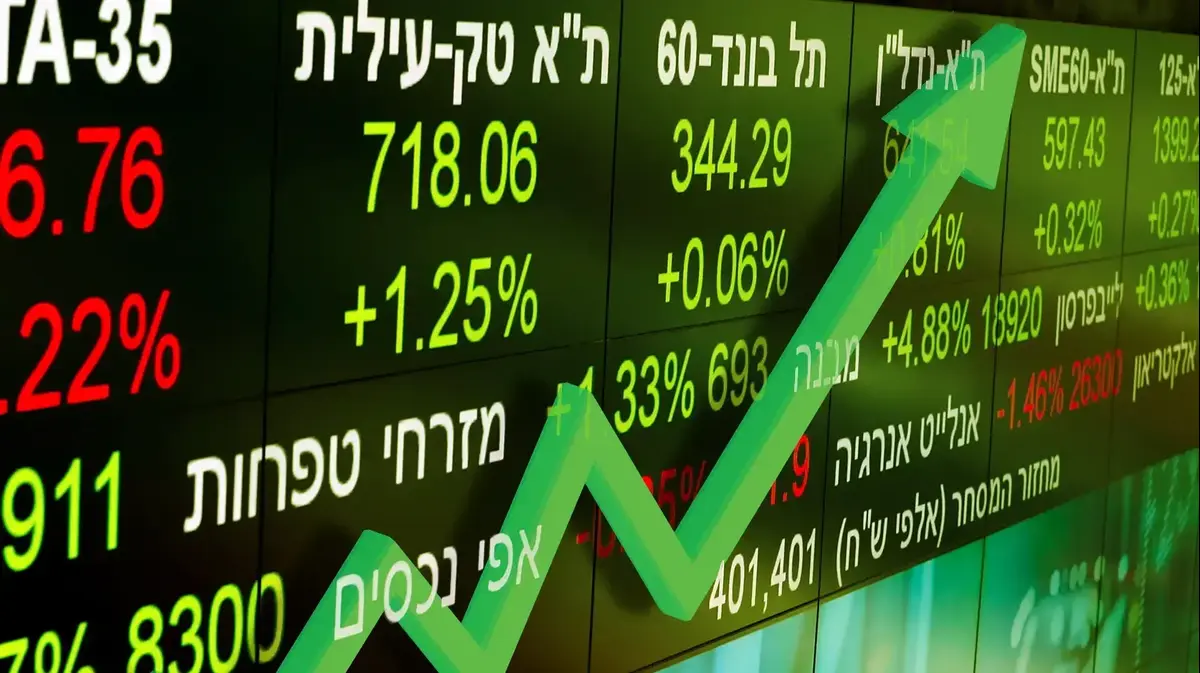Icon: enlarge
Bitcoins in front of the Tesla logo: purchase with a signal effect
Photo: DADO RUVIC / REUTERS
If you want to buy a Tesla, you must have saved around $ 39,000 - or less than a Bitcoin.
Since it became known that the Elon Musk group invested $ 1.5 billion in the cryptocurrency, the Bitcoin price has rushed from record to record.
A purchase with a symbolic character: When perhaps the richest man in the world puts part of his company balance sheet into cryptocurrency, it's not just Wall Street who takes a closer look.
"Tesla's entry could have a signal effect for other companies," says analyst Timo Emden from Emden Research.
It almost seems as if Bitcoin is growing from its infancy: The cryptocurrency will be on the Tesla balance sheet next to cash and gold in the future.
It seems hard to imagine that the digital currency could now simply be banned by supervisors.
But will the cryptocurrency one day actually be a good substitute for euros or dollars, as Bitcoin fans hope?
Central bankers and economists are skeptical.
Some experts warn of a spectacular financial bubble - others see Bitcoin not as a currency, but as a possible investment.
Why Bitcoin is not very useful for paying
Tesla also justified the billion dollar Bitcoin purchase with the fact that the company wants to accept the currency as a means of payment in the future.
But it is doubtful that many Tesla customers will pay for their new cars in BTC in the future.
Tesla expects to use Bitcoins "in the near future" as a form of payment, according to the documents that the company has filed with the US Securities and Exchange Commission.
The acceptance is planned “initially on a limited basis”.
In fact, Bitcoin has been a niche means of payment so far - and for two reasons.
First, the Bitcoin exchange rate fluctuates extremely: "From a practical point of view, it is still extremely difficult to use Bitcoin to buy anything," says Marija Vertimane, investment strategist at State Street, the wealth manager.
The volatility, i.e. the intensity of the price fluctuations, is much greater with Bitcoin than with stocks or currencies such as the euro.
On Tuesday lunchtime, a Bitcoin was worth around 46,000 dollars - and thus more than Tesla's Model 3. In December, you would have only got half a Tesla for a Bitcoin.
And last spring, when the Bitcoin was at times less than $ 4,000, a Bitcoin would have been enough for a set of tires on aluminum rims.
For companies like Tesla that keep part of their balance sheet in Bitcoin, such fluctuations in value are an accounting risk.
This is because supplier bills, employee wages and taxes for the state have to be paid in dollars, euros or other conventional currencies.
Bitcoin cannot currently fulfill a fundamental function of currencies, namely the storage of values.
"No company could draw up a budget or do financial planning with a unit of value that fluctuated so strongly within three months," warns Vítor Constâncio, economist and former Vice President of the European Central Bank.
For a technical reason, however, it is very unlikely that Bitcoin will replace cash or credit cards as a means of payment in the future.
The basic structure of the Bitcoin network can only process a limited number of transfers.
When a Bitcoin changes user, this is documented in the blockchain - a decentralized database.
Every ten seconds new transactions are grouped together in a new block.
This creates a bottleneck.
An average of four transactions are currently processed per second.
For comparison: The credit card provider Visa claims that it can process more than 65,000 transactions per second.
Bitcoin as a speculative investment
Bitcoin is therefore extremely poorly suited as a means of payment.
Many Bitcoin buyers are unlikely to care, because they simply regard the digital currency as an investment.
Economist Constâncio also speaks of a "speculative investment".
Seen in this way, Bitcoin shines like digital gold - with the difference that you can also make earrings out of gold.
Bitcoin, on the other hand, has no intrinsic value.
Investors only buy it because they believe there will be people in the future who will pay the same or even a higher price for it.
And just as quickly they sell the Bitcoin again if that belief fades.
Nobel laureate in economics, Robert Shiller, calls Bitcoin an "economic narrative," a story that spreads like wildfire.
The story goes down well: Anyone who wanders through crypto forums or follows industry newsletters feels a bit like on Sesame Street.
The resourceful salesman Schlemihl lurks around every corner, reaches into his trench coat and asks: "Hey ... you ... would you like to buy a ₿?"
In fact, Tesla isn't the first company to succumb to this lure.
Last year, the listed but largely unknown software developer Microstrategy announced that it would invest a large part of its cash assets in Bitcoin - and thus electrified the crypto industry.
And even a dust-dry industry apparently cannot say "no" to Bitcoin: In December, the American life insurer Massachusetts Mutual made headlines for investing 100 million dollars in the cryptocurrency.
That's not a lot of money for an insurance company, but the purchase is symbolic: "Bitcoin has become part of the system," writes Christopher Wood, analyst at the Jefferies investment bank.
The Bitcoin disciples originally wanted to achieve the exact opposite.
Bitcoin was intended as a digital alternative to the established financial system.
This is already shown by a headline that the mysterious Bitcoin inventor Satoshi Nakamoto installed in the first Bitcoin block in January 2009: "Chancellor of the Exchequer is facing the second bailout for the banks," it says.
Bitcoin should become crisis insurance - digital money that can still be used to pay when traditional currencies lose value.
Both camps are now involved in the latest rally.
For professional investors, Bitcoin is a promising investment in the low-interest desert, and for Bitcoin fans, it is crisis insurance.
The expansionary monetary and fiscal policy is fueling doubts about the stability of traditional currencies.
These doubts are now contributing to the Bitcoin rally, argues Sören Hettler, an analyst at DZ-Bank.
Hettler warns: "Even with Tesla there is no guarantee of further price gains."
If you want to get involved now, you should only invest as much money as you are willing to lose in the worst case.
Bitcoin is at best a "portfolio addition".
Elon Musk could agree: The sum of 1.5 billion dollars that Tesla has put into Bitcoin sounds impressive.
But it is less than eight percent of the company's cash.
If the Bitcoin bet doesn't work out, Tesla can take it.
And if even more people believe the Bitcoin story, then the company has made good business - without even selling one more car.
Icon: The mirror









